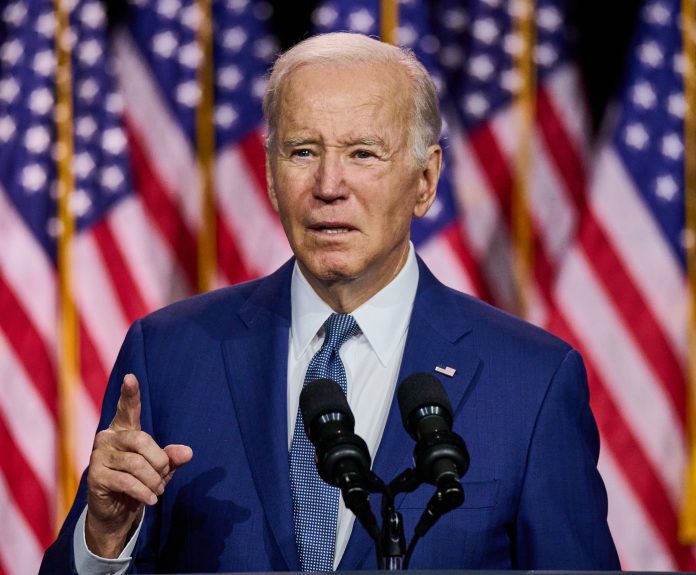The Biden administration is enhancing access to capital for underserved small businesses and increasing federal subcontracting opportunities.
On November 29, the White House announced that the Small Business Administration (SBA) had raised the maximum loan amount for its Community Advantage Small Business Lending Companies (CA SBLCs) from $350,000 to $500,000. This increase will apply to active lenders in good standing, making it easier for small businesses, particularly those in underinvested and underserved communities, to secure financial support.
The Community Advantage program focuses on providing access to capital to underserved and underinvested businesses, ensuring that women, people of color, veterans, rural, and low- and moderate-income communities can access SBA-backed loans. Many lenders participating in this program are Community Development Financial Institutions (CDFIs), which aim to address financial gaps in historically underserved markets. By increasing the loan limit, the SBA hopes to better support small businesses that might otherwise struggle to obtain traditional financing.
In addition to expanding loan opportunities, the Biden administration is also working to enhance federal subcontracting opportunities for small businesses. The Office of Management and Budget (OMB) is issuing new guidance to government agencies to increase subcontracting opportunities for small businesses, enabling them to compete more effectively in the federal marketplace. This comes after small businesses received a record $86 billion in federal subcontract awards in 2023, marking a significant milestone for small business participation in government contracts.
Moreover, the announcement follows a report on challenges borrowers face in the Federal Reserve’s Main Street Lending Program. While the program provided $17.5 billion in loans, some businesses face difficulty with repayment schedules and high interest rates. This situation underscores the financial challenges many small businesses face in a post-pandemic economy, especially when borrowing costs are rising.
Overall, these measures reflect a continued commitment to leveling the playing field for small businesses, particularly those that have historically faced barriers to financing and government contracting opportunities.










